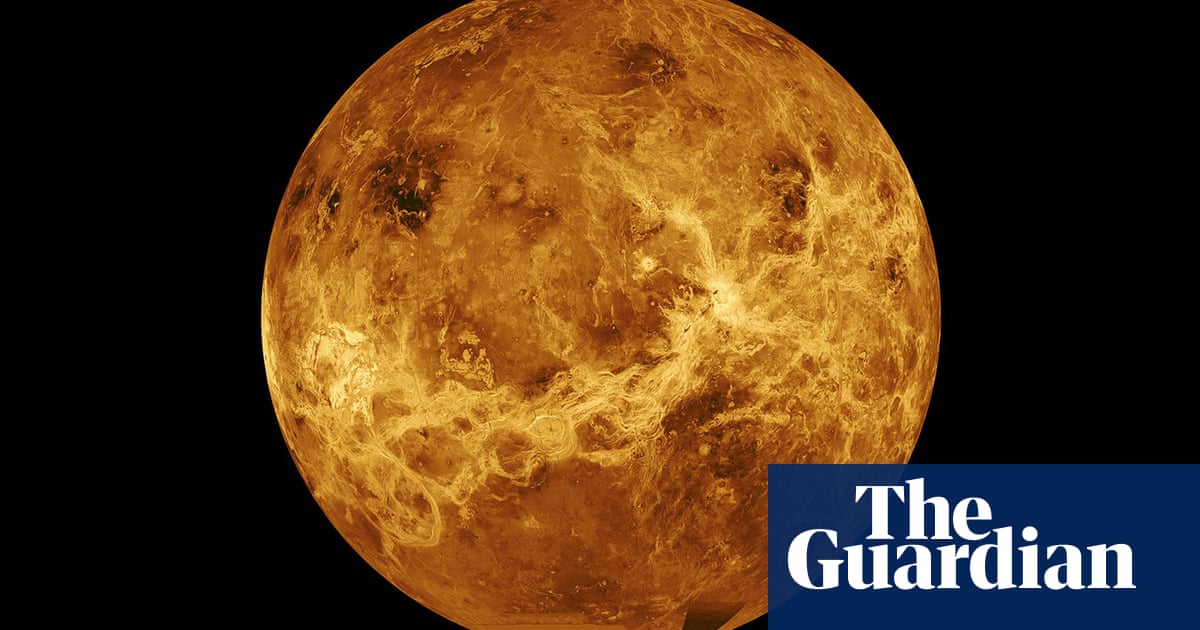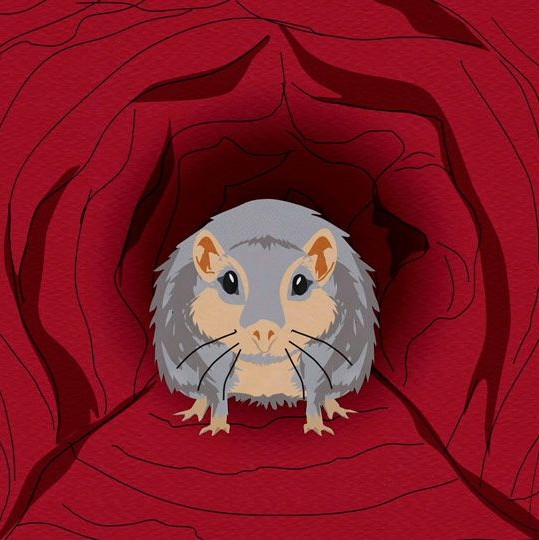Hell, the Soviets have dropped, what, 15?, landers into the atmosphere since the late 60’s. From what we know about the incredible survivability of micro organisms, I’d be unsurprised to find that what we’re seeing is our own bugs, seeded by our own landing craft, having found a niche floating around in the upper clouds where the environment is cozy.
To be honest, I’d be incredibly excited to find out that life from Earth had managed to survive on Venus.
Me too! No doubt. There’s a scale, though: life seeded by us directly; life seeded by some common ancestor to life on Earth; and truly alien life sharing no common ancestor. They don’t all hit the same, at least for me.
You bring up a good point. There’s strong arguments to be made that Venus has been “contaminated” by the Soviet probes. That’s why NASA is being so careful with the Europa Clipper.
If there is life in the clouds of Venus, it will be hard to verify if it’s natural, or from Earth.
My understanding is that Venus/Mars are close enough to Earth that, even without factoring human intervention, we still likely wouldnt be able to rule out cross contamination between the inner planets
Venus is close to earth in that it has a dense atmosphere and is about the same size. Somewhere in the atmosphere is probably a layer that has enough oxygen, pressure, and is shielded from enough radiation for life to survive.
Mars is very different from either of earth or Venus.
It has 1% of the atmosphere as earth, what atmosphere it does have has nearly all CO2, and it only has 1/3rd the gravity. Its surface is constantly blasted by enough solar radiation to effectively sterilize anything on the surface, and the ground is full of toxic salts. I would much rather be in a cloud on Venus than anywhere on the surface of mars.
I was speaking of their proximity in space, sorry for not being clear. Very good info regardless
It was pretty clear to me that you meant spatial proximity.
At first, I thought you said soviet as in sovereign citizens, and I thought either you or I were living in some weird alternate timeline.
I think you and I spend altogether too much time in c/insanepeoplefacebook
I see sovcits everywhere, too 😬
imagine spending your whole life on education just to spend the rest of it on detecting farts
My adolescent mind would find that delightfully funny.
“Mom, I’m going to be a Fart Scientist! A…uh Fart-ologist! Yeah, I’ll study farts!”
any good parent would proudly get them a Smell-O-Scope😤
paging @thefartographer@lemm.ee
This is their life’s work and dream job. I’d imagine they are very excited by this and very happy to continue researching it. Imagine being the person who proves that there is life outside of our own planet. Your name would go down in the history books.
If it turns out Venus used to have life and an atmosphere like ours I’m going to seek therapy
If the thought of that causes you anxiety, you should probably seek therapy anyway. No need to let impending doom ruin what’s left of our lives!
I think I’d rather be justifiably insane than broke and well adjusted.
deleted by creator
Fr this time?
There’s a big difference between “could indicate life” and “we found life!”.
True, but last time the “we found signs which…” part didn’t even pan out. It was an overly optimistic misinterpretation of the data.
Time to send a probe to skim the atmosphere and collect a sample for analysis.
deleted by creator
These signs were detected higher in the atmosphere, where the temperature and pressure are more reasonable. And since it took until now to detect the presence of the ammonia, it’s probably not a large component of the atmosphere.
So not boiling hot and probably not that much ammonia. That still leaves the thick clouds of sulfuric acid though, those are still very much a thing any probe or mission to Venus would have to be able to deal with.
It’s fun to imagine some life form on Venus watching the Missy Elliott video we just beamed there and wondering just wtf is going on









